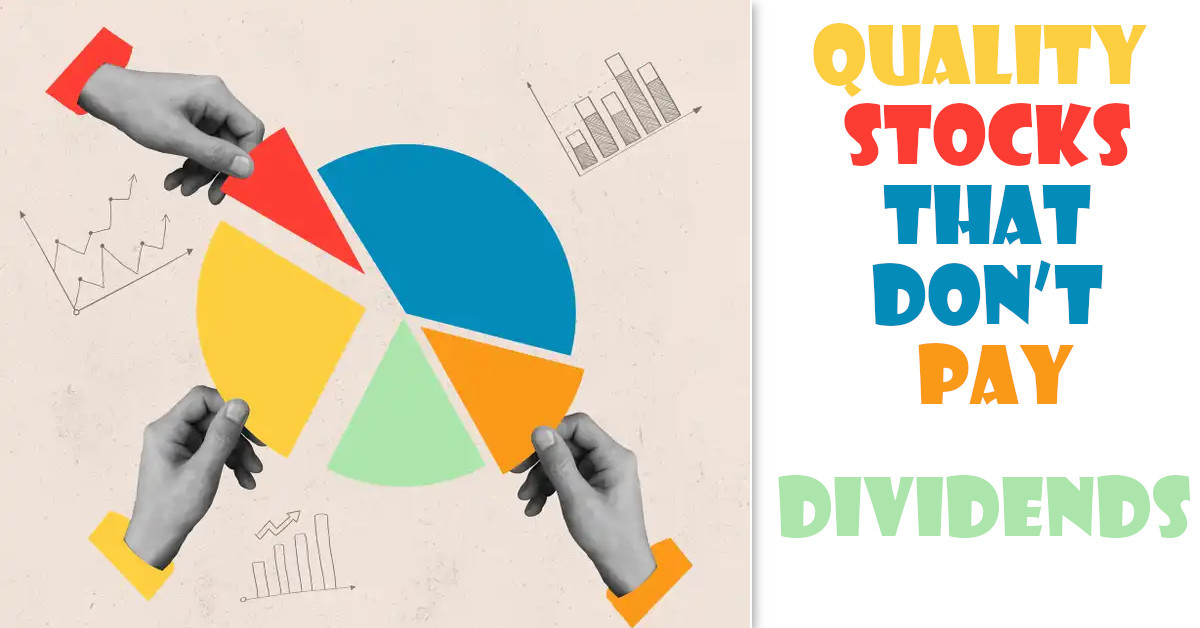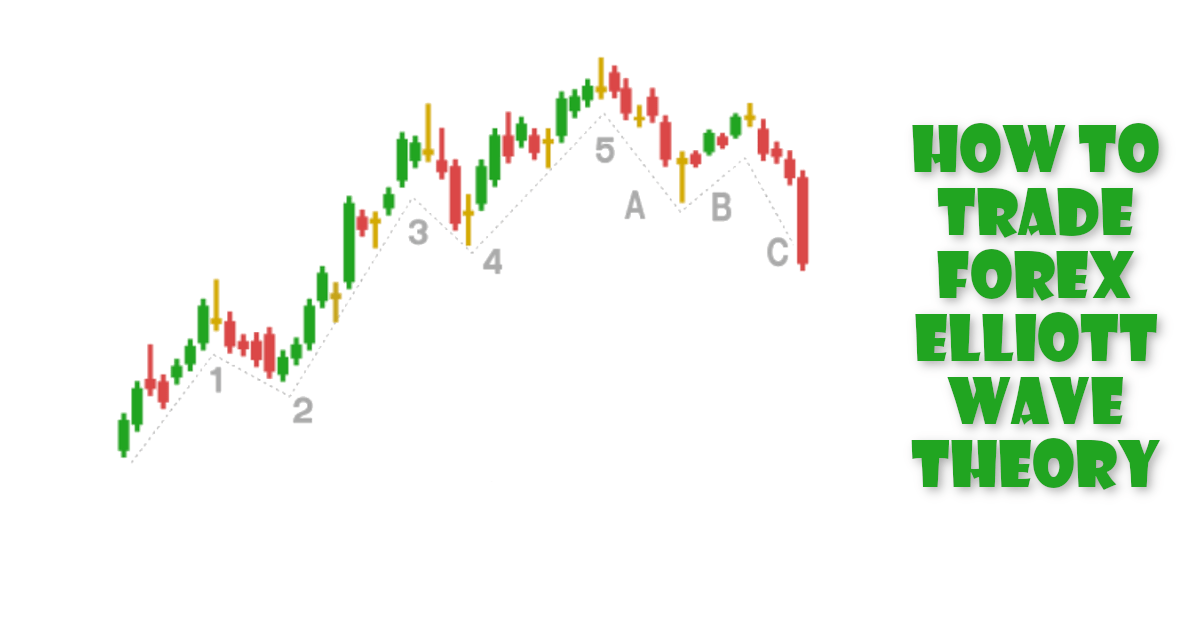There is a growing number of year old traders in the stock Exchange and these are the most common mistakes beginner traders fall for. (for the lack of experience). We are sure You met one or two similar pieces of advice, no doubt put more delicately to mess with your head. Here we go:
Bad and Good advice
- Opening an account with the first broker that comes across - they are all the same anyway, aren`t they?
Wrong! One of the most important things before starting trading is choosing a reliable broker.
- Transfering all your money to a brokerage account. The money that isn`t working is the money lost.
The proverb is often mentioned by financiers, who recommend not investing all their savings in one bank (currency, asset). Its meaning is that if you put all your eggs in one basket, then there is a great risk that if you drop it, you can lose all your eggs.
- Setting yourself the goal of consistently earning at least 40% per annum in the stock Exchange. You don`t get rich quickly with lower profitability.
Wrong! Consistency isn’t one of the virtues of the Stock Exchange. Plus, the higher the profitability, the higher are risks.
- Letting your emotions rule. As you know, the markets are driven by fear and greed. Therefore, everything is simple: when the market grows, you need to buy; when it falls, you should sell at any price and be free of possible damages.
The Stock Exchange might stop the sales, during (financial crisis) massive share dumps. Everything is quite ambiguous and complicated.
- Not thinking about the risks. Who needs negative motivation?! You need to tune in to success.
Wrong! Not thinking about the risks is a quick way of losing money.
- Start believing in yourself and your intuition after a few successful deals. Surely you have a talent for seeing the essence of the processes taking place in the economy better than others.
It’s a slippery slope when you start to believe your own hype. Mixing emotions in the field of clear calculations, speaks of poor judgement.
- Constantly monitor quotes and buy and sell securities on a daily basis. Buy and hold is boring, active trading is the key to success.
Trading is not an entertainment. (don’t know what else to write it’s obvious)
- Following the advice of a trading guru. In specialized forums, YouTube and Telegram channels, you can find a lot of brilliant analysts who will help you make the right investments.
Why blindly follow the advice of an internet guru?
Question you should be asking to yourself is why should a successful trader share his/her wisdom with you for little or no money, if it is so profitable
- Should not be limited to banal stocks and reliable bonds. Futures, options, structured products - you need to try everything, without even delving into the essence of these instruments.
Don’t invest in what you don’t know. Futures and options might offer higher profitability, but also a higher risk.
- When choosing stocks, be guided by how they have risen in price in the past. If Tesla shares have risen sixfold in 2020, why invest in something that grows more slowly?
Using historical stock price progression to better understand tendencies is a valid point, but betting on that it will repeat itself to a tee is reckless.
- Forget about boring things like a strategy, portfolio diversification and rebalancing. Everything in the world is constantly changing, you need to react to changes and not limit yourself to boring rules.
Having a trading strategy and diversified portfolio is a rule beyond reproach. The basics of trading.


















